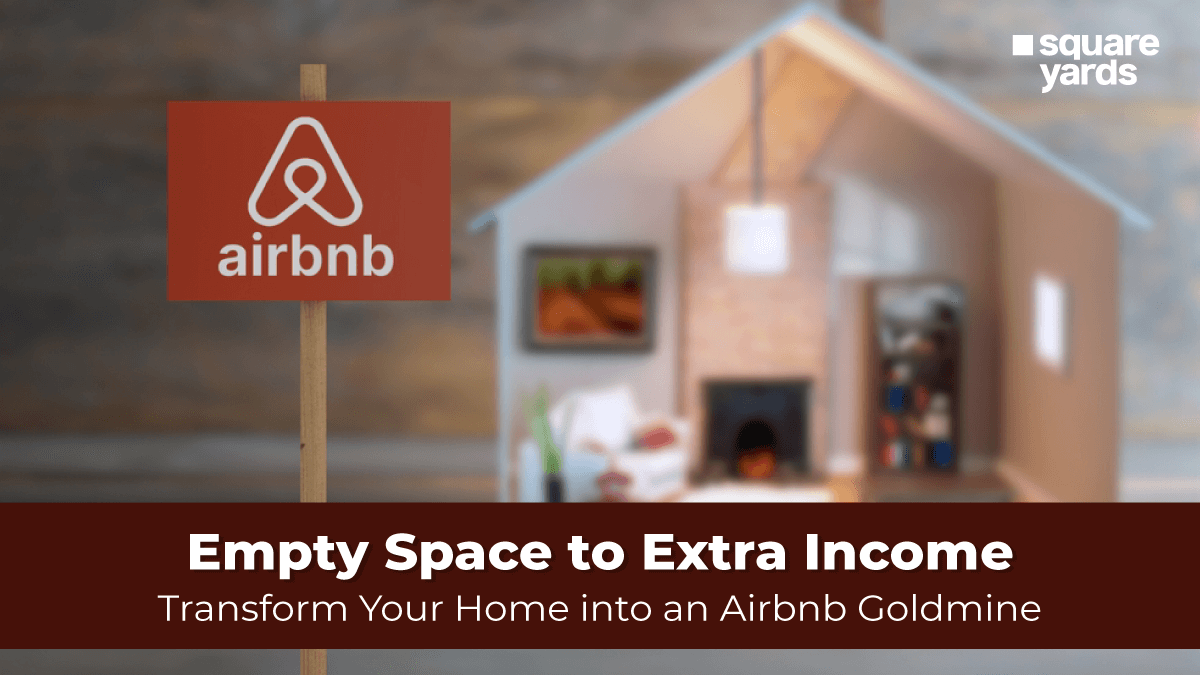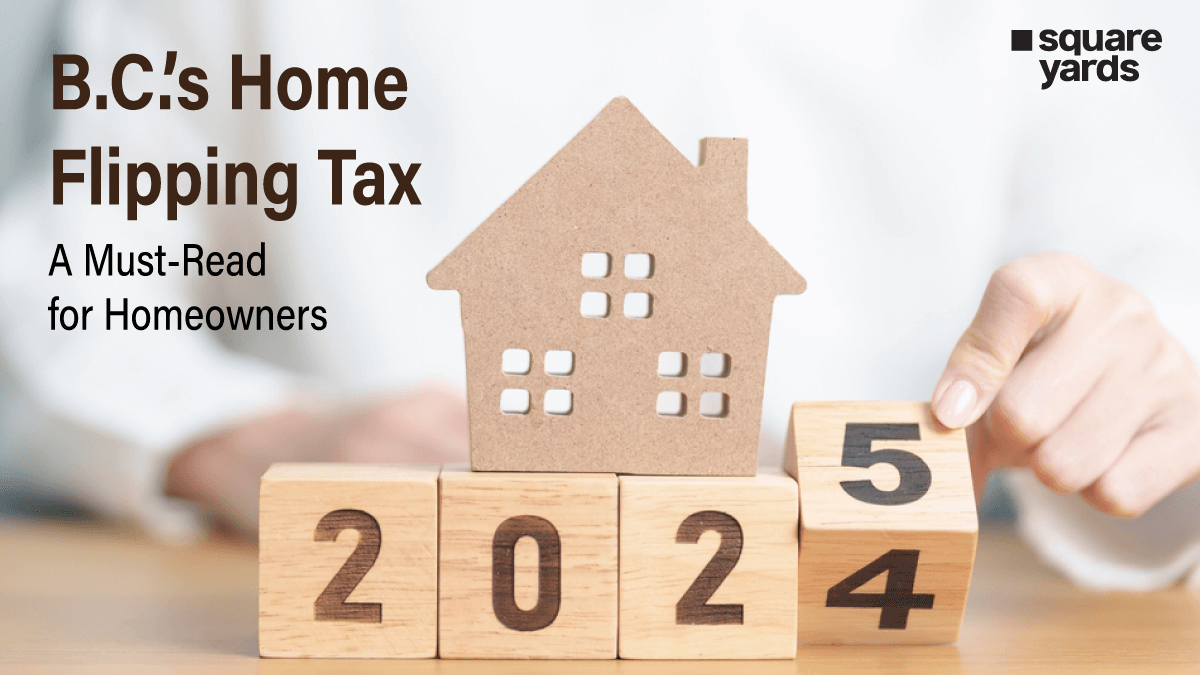Purchasing your first home can be an overwhelming experience. It is typically a high-stakes journey that can leave you feeling both thrilled and exhausted. And, as a beginner, it is easy to make costly errors if you are unfamiliar with the process of buying a home. Whether you are a first-time house hunter or returning to the market after many years, you can avoid first time home buyer mistakes by understanding the fundamentals of home buying and home financing, as well as knowing which questions to ask. For instance, some buyers may visit properties or begin making offers without fully understanding their financial situation. It is important to ensure that your credit history, credit score, debt-to-income ratio, and overall financial situation qualify you for a mortgage before you start shopping.
List of First Time Home Buyer Mistakes
-
Not Getting Pre-Approval for a Mortgage List of Mistakes During
In highly competitive housing markets, you may be facing multiple offers and intense competition. In these circumstances, sellers are less likely to accept offers from buyers who don’t have a lender’s “pre-approval letter.” A lender’s pre-approval letters tell you how much of a loan you’re eligible for, what your interest rate and program are, and how much of a down payment you can afford. They also let you know that the lender thinks you can pay back your debts based on things like your credit score, income, employment history, money, and other important factors. The letter usually has an expiration date of 90 days or less.
-
Not Comparing Rates with Other Lenders
When you compare different mortgage options, you have a better chance of saving money. When you apply for a mortgage from multiple lenders, you can get a better idea of what you’re able to afford. You’ll be able to compare different mortgage products, different interest rates, different closing costs and different lender fees. You’ll also have more leverage when negotiating with lenders. Some lenders may offer you discount “points” to reduce your interest rate.
However, this means you’ll have to pay more in closing costs. Lenders that offer low or zero closing costs charge higher interest rates than other lenders. Closing costs vary from lender to lender, with some offering as little as 3% of your loan amount and others as high as 6%. If you can’t shop for rates yourself, you can get help from a mortgage broker. A mortgage broker isn’t a lender themselves but acts as an intermediary between you and the lenders in your network. By comparing multiple lenders, brokers can save you both time and money. They can also help you find products that match your needs.
By applying for a mortgage with multiple lenders, you will receive loan estimates that allow you to compare rates and closing costs. Furthermore, if you conduct most of your rate shopping within 30 days, the credit checks performed by lenders will be considered as a single hard inquiry and are unlikely to negatively impact your credit score.
-
Doubt About Down Payment
The Canadian Real Estate Association (CREA) supports the real estate industry in Canada through the assistance of REALTORS®, who guide individuals in their Canadian real estate endeavours. The National Association of Realtors mentioned in your message is an American trade association. In Canada, the minimum down payment for a home varies depending on its purchase price. If the purchase price is $500,000 or less, the minimum down payment is 5% of the purchase price. For homes valued over $500,000, the minimum down payment is 5% of the first $500,000 and 10% for the remaining amount. However, if you are self-employed or have a poor credit history, your lender may require a larger down payment.
It is important to note that certain communities in Canada may have specific requirements for co-ops or condos that may necessitate a larger down payment. To ensure you are aware of any such requirements, I recommend consulting your real estate agent, who can provide you with accurate information based on your specific community.
-
Not Allocating Funds for Closing Costs
When buying a house, it is important to factor closing costs into your budget. Closing costs refer to the fees and expenses involved in finalising a real estate transaction. Typically, these costs amount to 2% to 5% of the home’s purchase price. In Canada, closing costs may consist of legal fees, land transfer taxes, title insurance, appraisal fees, and other miscellaneous expenses. It is essential to consider these costs in addition to the down payment when planning your budget. To ensure you have a clear understanding of the specific closing costs you may encounter in Canada, we suggest consulting a real estate professional. They can provide you with accurate information based on your location and individual circumstances.
-
Keeping Your Credit Report Out of Your Mind
If you or your spouse have had credit problems, such as being consistently late on payments, dealing with debt collectors, or having a significant amount of debt, mortgage lenders may not offer you their most favourable terms or may reject your application altogether. If your credit score is below 620, it may be difficult for you to get approved for a traditional mortgage. To address any potential issues beforehand, it is recommended that you check your credit report before starting the home-buying process. You can obtain your credit report from each of the three major credit reporting agencies (Transunion, Equifax, and Experian) by using AnnualCreditReport.com.
-
Switching Jobs
Changing jobs can also make it harder to qualify for a mortgage. Mortgage lenders want to know that you have a steady income and employment and can afford to repay your loan. If you were pre-approved based on a certain income and job, changes that occur before the closing date can cause concern and delay the process. Usually, you need to provide proof of two years of steady employment and income to qualify. When you switch jobs, your constant record of income and jobs is lost.
-
Not sticking to the budget
It is crucial to avoid going overboard and overspending on your first home purchase. It is advisable to establish a budget and adhere to it. The Canadian Real Estate Association (CREA) suggests calculating the affordable amount for a house and saving for a down payment.
-
Having no idea about other Options
If you have a set of requirements for your ideal home, don’t assume that you will find a home that fulfils every single one. It is more likely that you will come across homes that meet most, but not all, of your criteria. If you have high expectations of finding the perfect home, you might end up prolonging the process of buying a home by waiting for something better. Alternatively, you might end up paying a higher price for a home simply because it meets all your needs.
-
Avoiding the Home Inspection
Choosing not to have a home inspection can lead to expensive consequences. Home inspections have a responsibility to safeguard the buyer and can uncover significant problems with a property that could result in high expenses. If you decide to forgo an inspection, you will have no options available if a major issue, such as damaged pipes or water damage, arises after the purchase is complete. This means you may be responsible for covering the entire cost of repairing those issues.
-
Choosing from Your Heart instead of your Mind
Purchasing a house can be a highly emotional experience filled with anticipation, hope, and frustration. It is important to make financial decisions based on logic rather than emotions when buying a home. Even if you feel excited about a particular property, it is crucial not to make a purchase solely because it brings you joy. It is essential to ensure that the monthly payments fit within your budget. Likewise, it is advisable to avoid making a hasty decision out of desperation. If you have been searching for a while and have not found a home that aligns with your budget and requirements, there may be a temptation to settle for a subpar property. Instead, it is better to exercise patience and find a home that you can afford and reasonably meets your expectations.
-
Not Making a Conditional Offer Beforehand
While Making an offer for a house, it is essential to incorporate conditions that safeguard your interests as a purchaser. These conditions might involve a satisfactory home inspection, approval for financing, or the successful sale of your existing home.
-
Not Choosing an Agent
A recent survey conducted by the National Association of REALTORS® revealed the top three things that home buyers desire from a real estate agent. These include assistance in finding the right home, guidance in understanding contracts and paperwork, and the ability to negotiate favourable terms. It is important to note that these skills are crucial not only in the real estate industry but also in other fields, such as sports and entertainment. First-time buyers should not settle for the first agent they come across.
A great real estate agent possesses a deep understanding of the local market, having visited numerous homes, submitted offers for other buyers, and negotiated sales contracts in accordance with local customs. Working with a great agent can result in finding a better house at a more favourable price. If you are unable to distinguish between a great agent and a poor one, it is advisable to seek a referral from a trusted friend.
-
Not Comparing Neighbourhood
The experience of being a homeowner is greatly influenced by the neighbourhood you live in. When you buy a house, you not only acquire the property itself but also the neighbours and the community. To ensure a positive and satisfying home-buying experience, it is important to gather information about the prospective neighbourhood before making a decision. Since it can be difficult to meet neighbours during open houses or home tours, there are other tactics you can employ to gather information. These include driving through the neighbourhood on weekends and weekdays and talking to people, test-driving your work commute on a weekday morning, looking for community events such as “Meet Your Neighbours” or block parties, and visiting the nearest grocery store on a Sunday afternoon. By familiarising yourself with the neighbourhood beforehand, you can make an informed decision and have a better understanding of what to expect when you move in.
-
Waiting for Perfection
Don’t expect to find a home that meets all your criteria for your dream home. It is more likely that you will find homes that meet most, but not all, of your standards. Holding out for the perfect home could prolong the homebuying process or result in paying more for a home that meets all your needs.
-
Deciding a Fixer-Upper
Although fixer-uppers may be attractive because of their affordable prices, they typically demand substantial time, energy, and financial investment for renovations. If you are not ready to face the difficulties associated with a fixer-upper, it is advisable to explore homes that are ready for immediate occupancy.
-
Falling for Scams
Regrettably, it is not rare for homebuyers to be targeted by scams. To prevent becoming a victim, it is crucial to collaborate with trustworthy real estate agents and mortgage lenders. Moreover, exercise caution when dealing with unsolicited offers or requests for personal information.
Conclusion
Buying your first home is an exciting journey filled with opportunities and potential pitfalls. Avoiding common first time home buyer mistakes can make the process smoother and more successful. From mortgage pre-approval to closing costs, sensible budgeting and choosing the right neighbourhood, there are many factors to consider. Remember, it’s important to approach this important financial decision with a clear mind and make logical choices rather than letting emotions get the best of you. Be patient, review your options and seek advice from experienced professionals such as real estate agents and mortgage lenders to help you navigate the complex terrain of buying a home. After all, your first home should not only be a place to live but also a sound investment in your future. By avoiding these common first time home buyer mistakes, you can embark on this exciting journey with confidence and ensure that your dream of home ownership becomes a rewarding reality.
You May Also Read
|
Some Tips For Home Buying |
|
|
Features of Real Estate Sales Ottawa |
|
|
Real Estate Bubble in Canada |
|
|
Know The Buying Historic Homes |
Frequently Asked Questions (FAQs)
How old are most first-time home buyers?
An average first-time home buyer in Canada is 36 years old.
What is the biggest obstacle in buying a house?
When it comes to home buying, the biggest challenges homeowners face include not having enough homes to choose from, competitive bidding, and not having enough money to make down payments.
What is the average age to buy a first home in Canada?
An average first-time home buyer in Canada is 36 years old.
What is the minimum income to buy a house in Canada?
The amount of money you need to buy a home in Canada depends on the city you wanna live in and the price of a home.


































